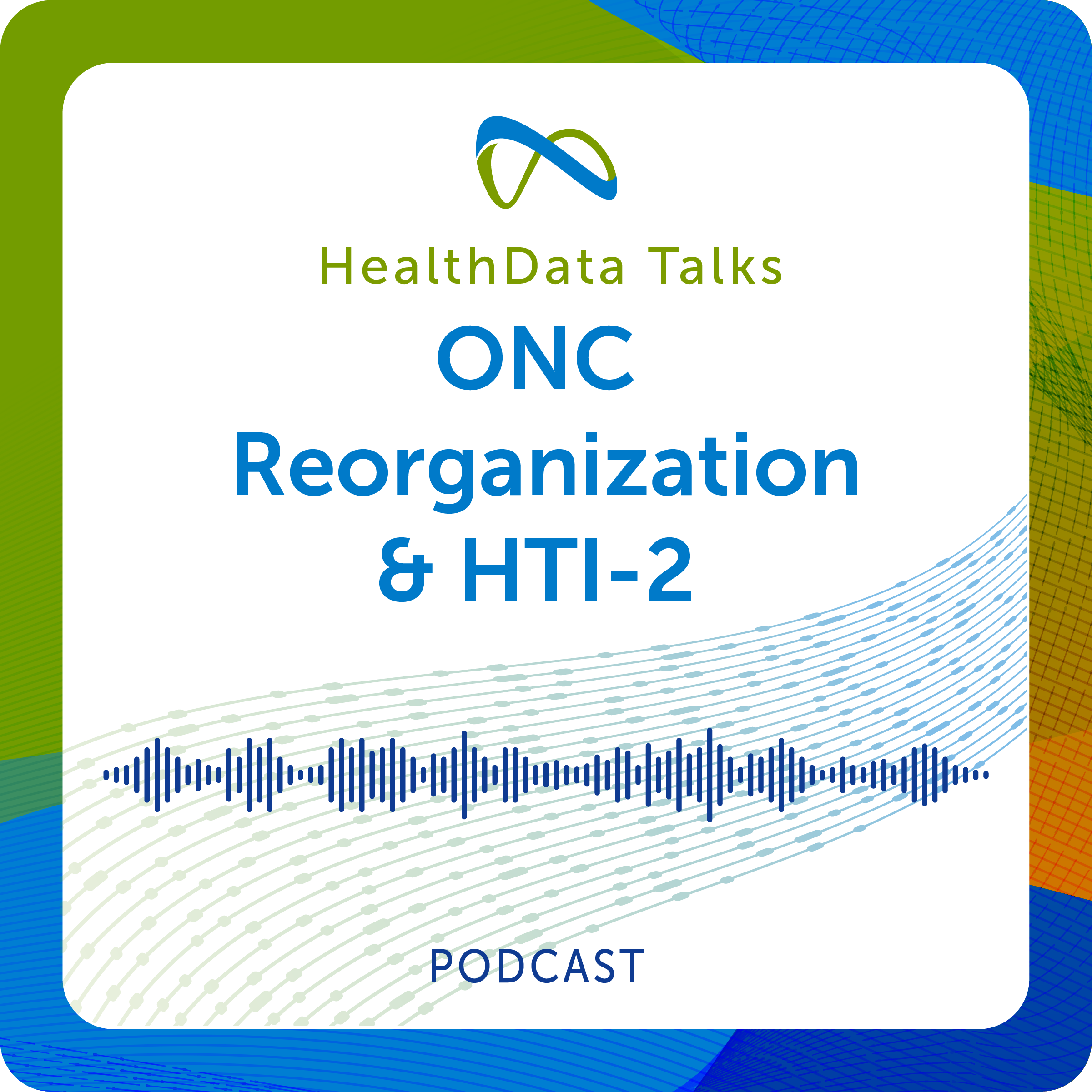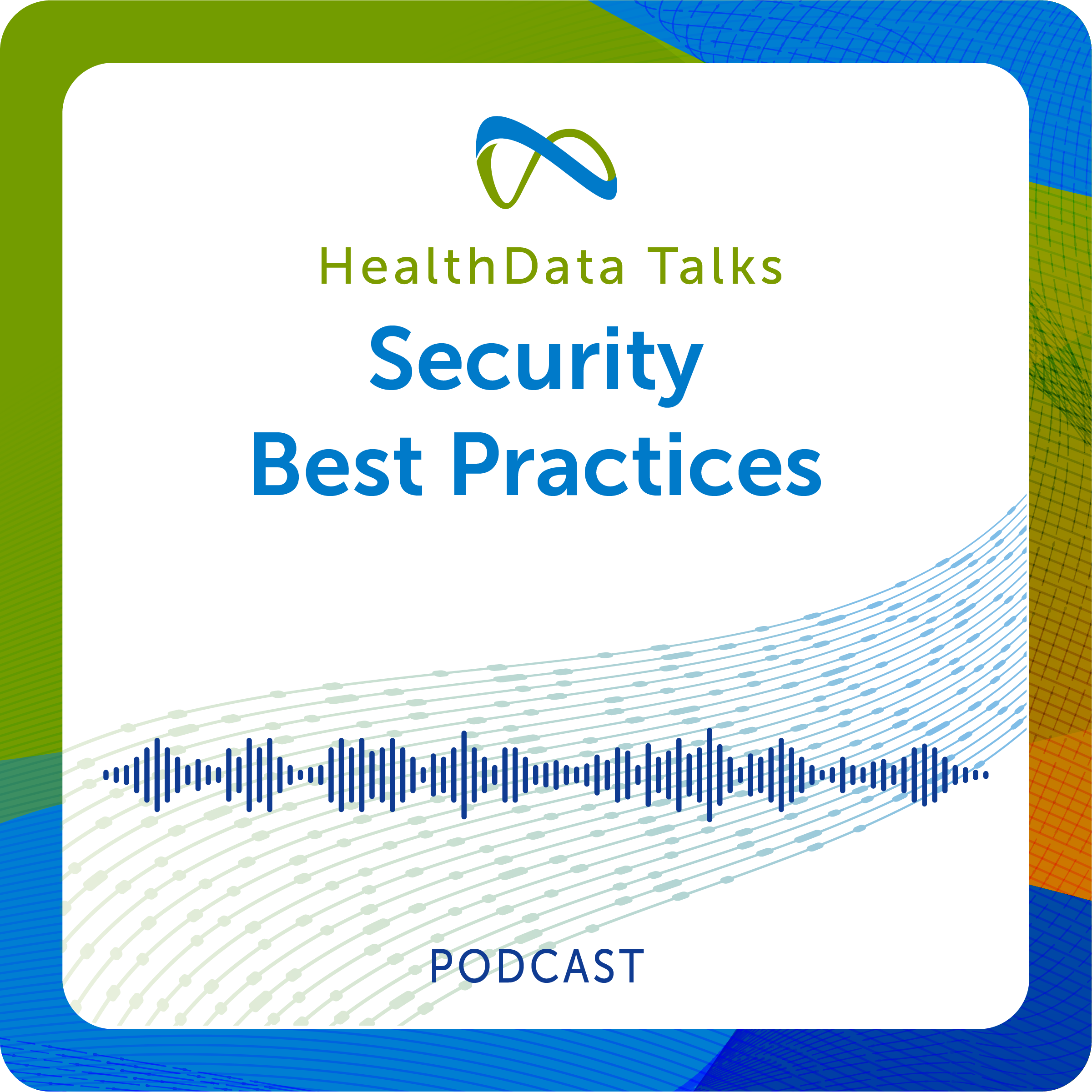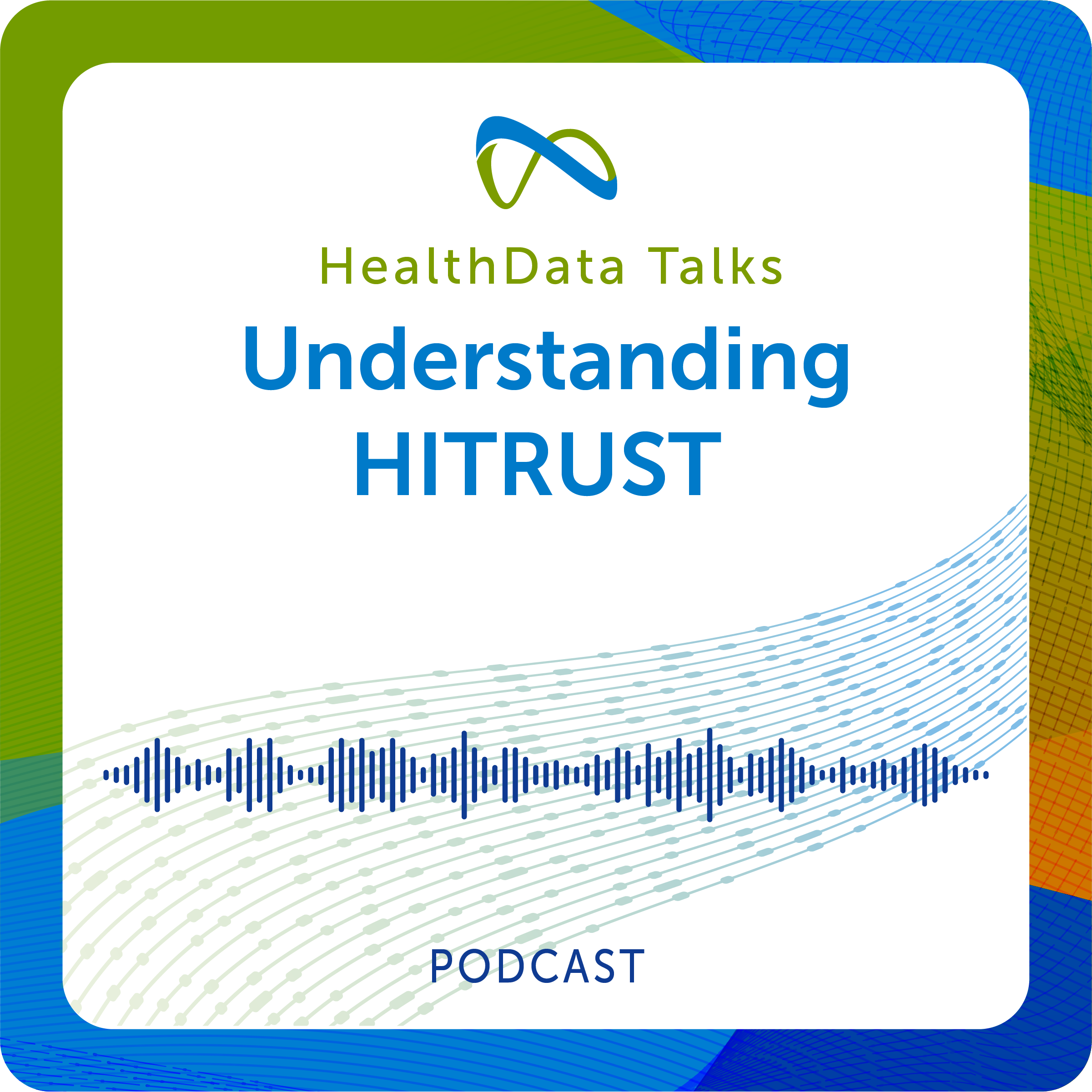[00:00:02] Speaker A: Welcome to health data talks, where industry experts offer bite sized tips and trends for managing legacy data.
[00:00:12] Speaker B: So thank you for joining us. I'm Amy Holmes from Harmony Healthcare it, and I am joined today by my colleague Susan Martinez, who is a product specialist here at Harmony. Thank you for being here, Susan.
[00:00:23] Speaker C: Hi Amine, thanks for having me.
[00:00:25] Speaker B: So Susan, can you start by giving our listeners a quick overview of your role here as a product specialist?
[00:00:32] Speaker D: Sure.
[00:00:33] Speaker C: Officially, I work with the product team and I'm lucky enough to collaborate with almost every group here at Harmony. In product, I bring an understanding of healthcare workflows for meaningful product features. I also work with sales and marketing for demonstrations. I oftentimes work with operations to create product documents and literature, and I work with HRDH are to create training modules. I really just like to learn how something works and put it into perspective for others so they understand it as well.
[00:01:06] Speaker B: Well, I know we all appreciate your hard work and the things that you offer at the departments, but let's dive into our topic around records release. So Susan, can you discuss how facility closures, mergers and acquisitions can disrupt the management of medical and employee records?
[00:01:23] Speaker D: Sure.
[00:01:23] Speaker C: So when we see movement in organizational structure and growth, we find several areas affected, maintaining continuity of care for patients, ensuring data security and compliance with HIPAA and other regulations streamlining the request process for patients, employers or other authorized parties. And you might not have staffing or subject matter experts left in the organizations that are familiar with the application for the releases. In the event of a closure, the organization should consider a plan for records retention and release for both the short and long term. This could include outsourcing the function of records release.
[00:02:08] Speaker B: So let's explore why patients, employers or other parties may request medical and employee records long and short term.
[00:02:17] Speaker C: Yeah, there are many reasons people need access to their health and or employment records, patient care, litigation, insurance, audits, workers compensation, or just a simple validation of employment.
[00:02:33] Speaker B: So one of the things that can make the release of records easier is a data archive, and that's one of our key offerings here with our product health data archiver. Can you talk about what an archive is and how it can support records management and release for an organization that's in transition?
[00:02:51] Speaker D: Oh yeah, sure.
[00:02:52] Speaker C: So for those that aren't familiar, a data archive consolidates records from any application into a single central database that has a user interface sitting on top and offers workflows for users like clinicians and him departments to view that historic data. So having this set up, this centralized setup, versus keeping old ehrs up and running, can often be more cost efficient and user friendly. So we have workflows that facilitate easy release of information to patients and other parties long term.
[00:03:34] Speaker B: So what makes Harmony Healthcare it's record release service different in your opinion?
[00:03:40] Speaker C: Well, in my opinion, who better to release these records than the teams that have extracted, configured and planned the archival? We know that data and how to present it for requests on top of knowing industry regulation. So with Harmony's records release services, there are multiple benefits. We can securely extract the data from legacy systems. We configure it in health data archiver in a really meaningful way. We know the features so we know how to quickly prepare a record while only providing the information being requested. As far as the request portion, we have a user friendly online portal for record requests. We follow a very stringent authentication and authorization process where we authenticate the requester and records that have been archived and have a comprehensive authorization form that needs to be issued with a picture id similar to like a state id. We ensure secure delivery of records to authorized recipients and at the end, we have a detailed audit trail for ensuring compliance. Because security is so important to us. We are HIPAA compliant and high trust certified.
[00:05:04] Speaker B: So let's explain high trust to our listeners that may not be familiar with it and talk about how it's different from HIPAA.
[00:05:10] Speaker D: Yeah, sure.
[00:05:11] Speaker C: So HIPAA is a federal act that sets compliance standards.
High Trust is an organization that has established a common security framework to help companies reach HIPAA standards and beyond. So the high trust certification covers several compliance frameworks like HIPAA, NIST, PSi and ISO. This third party recognition is a key difference between being hi trust certified and being HIPAA compliant.
[00:05:48] Speaker B: So let's say an organization is facing a transition. What do you recommend as some important planning steps that they can practice to make that transition smooth?
[00:05:58] Speaker C: Yeah. So start proactively planning for facility transitions early on. And from our perspective, the archival process records release is enabled by an archive, so configuration of that data source is very important. We want to focus on ensuring the data is configured properly with release in mind, and we have a data source that is structured for providing a granular record.
[00:06:30] Speaker B: Well, thank you, Susan, for covering so many good considerations around records release, especially for an organization that's facing a merger or acquisition or closure.
[00:06:43] Speaker C: Yeah, thanks, Amy, for having me. I appreciate it.
[00:06:46] Speaker B: And to our audience, thanks for tuning in. Be sure to join us next time for another episode covering trends and tips for managing health data.
[00:06:54] Speaker A: That's it for this session of health data talks. Check out helpful
[email protected] and follow us in your favorite podcast app to catch future episodes. We'll see you next time.


